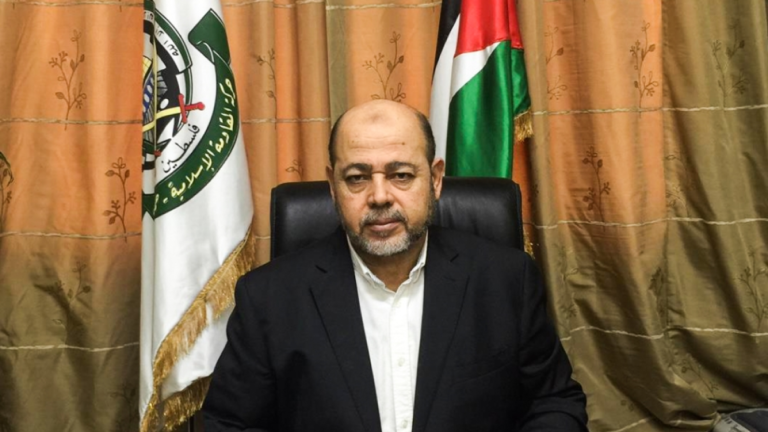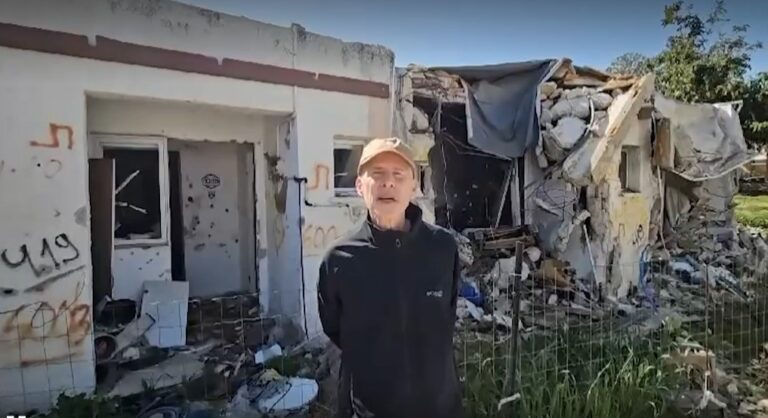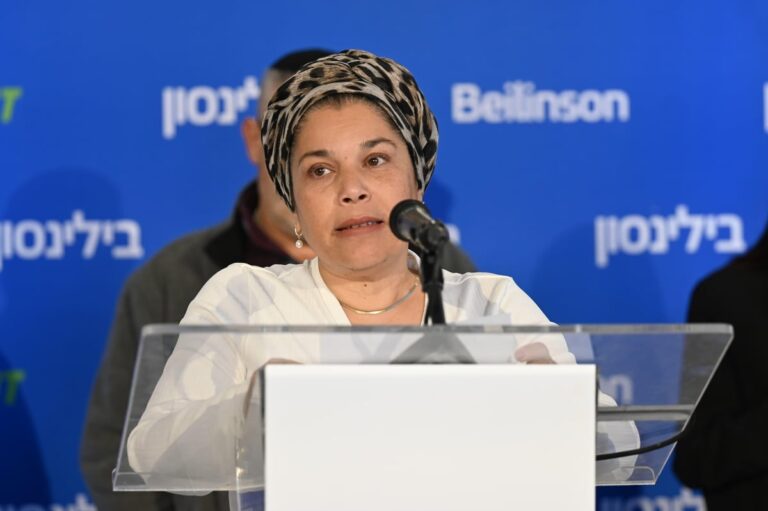 The Organization for Security and Cooperation in Europe (OSCE), the umbrella body of the European nations in the security field, has chosen Prof. Gabi Weimann of the Department of Communications at the University of Haifa to plan and establish a new teaching and research framework on the subject of online terror. The member countries of the OSCE include Germany, the United Kingdom, Russia, France, as well as non-European countries such as the US and Canada. The organization cooperates with various bodies on security-related issues, including Interpol and others. “It is certainly a pleasure and an honor to lead such a significant initiative that also involves institutions and security bodies from the European countries, as well as organizations such as Interpol and Europol,” Prof. Weimann commented. “It’s also good to see that despite the declarations about an academic boycott, the two largest research grants I received recently both came from the European Union,” he added.
The Organization for Security and Cooperation in Europe (OSCE), the umbrella body of the European nations in the security field, has chosen Prof. Gabi Weimann of the Department of Communications at the University of Haifa to plan and establish a new teaching and research framework on the subject of online terror. The member countries of the OSCE include Germany, the United Kingdom, Russia, France, as well as non-European countries such as the US and Canada. The organization cooperates with various bodies on security-related issues, including Interpol and others. “It is certainly a pleasure and an honor to lead such a significant initiative that also involves institutions and security bodies from the European countries, as well as organizations such as Interpol and Europol,” Prof. Weimann commented. “It’s also good to see that despite the declarations about an academic boycott, the two largest research grants I received recently both came from the European Union,” he added.
The OSCE was established during the Cold War in order to facilitate cooperation and the sharing of information relating to security issues between the countries of Western and Eastern Europe. After the fall of the Soviet Union and the collapse of the Communist bloc, the organization became one of the most important players in the field of security in Europe. Israel is also associated with the OECD as one of its “partners for cooperation.” As part of its routine activities, the OECD cooperates with other pan-European bodies. An example of this is the agreement signed with Interpol in 2014 for cooperation in police training.
After the OSCE member states adopted a resolution highlighting the importance of the struggle against online terror, the organization issued an international tender to locate an expert in this field. The expert will be required to establish a teaching and research framework for the OSCE focusing on the struggle against online terror and radicalization, serving the partner countries and European security bodies and organizations. The OECD eventually selected Prof. Weimann, a prominent expert in the field who recently published his book Terrorism in the Cyberspace, the product of some 20 years of research in the field.
In recent years Prof. Weimann has won several research grants in his field in the United States, Australia, the European Union, and elsewhere. Two years ago, together with other researchers, he received a substantial grant from the European Union to establish a database on online incitement, violence, and terror, locating target populations for extremist messages, identifying groups liable to use radical content online, and so forth. Prof. Weizmann developed the model of the “virtual community” and found that even attackers who are considered “lone wolves” and acted independently of any organization were incited, recruited, and activated by an online community. Over the years, Prof. Weimann has studied the use of the social media by terror organizations – initially on forums and YouTube, and more recently on Facebook. He has shown how these organizations have learned to use ostensibly “Western” messages in order to recruit Western citizens over the internet.
According to the agreement signed between Prof. Weimann and the OSCE, the teaching and research framework he will establish will be based on e-learning and will provide information concerning terror organizations’ use of the internet. This includes such aspects as the use of the internet for the purpose of radicalization and violence; recruiting new members to terror organizations; fundraising and transferring funds to terror organizations; establishing local terror cells and organizations, and so forth. The framework will also showcase ways in which the OSCE members can cooperate with other civil society and business organizations in order to develop tools for combating terror, on the one hand, and maintaining civil rights, on the other.
“Online incitement, radicalization, and recruitment have had a significant impact on the recent waves of terror around the world,” Prof. Weimann concludes. “This has raised awareness of the importance of research and academic knowledge in this field. In a few days I will travel to Vienna to sign the agreement and launch the program. The program will be based in the OSCE headquarters at Hofburg Palace – the site where Hitler declared the German annexation of Austria. Both of my parents were Holocaust survivors, so this will be a historical and a personal closing of a circle for me.”
(YWN – Israel Desk, Jerusalem)










